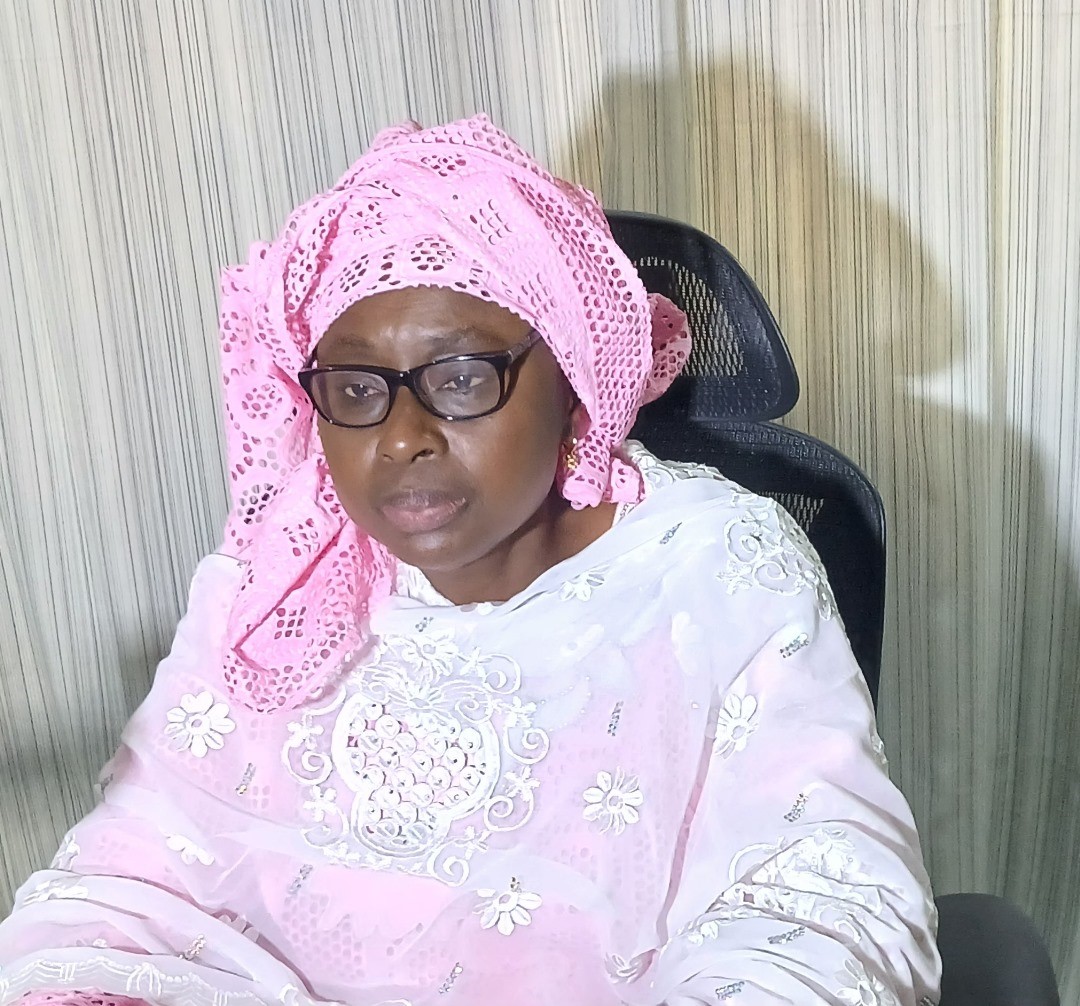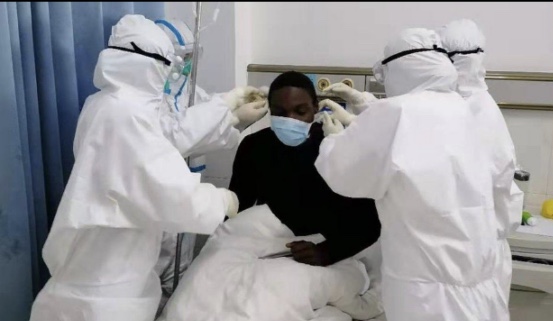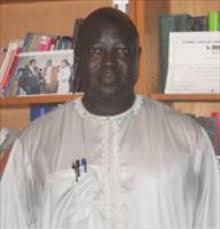By Haddy Touray
Minister of Gender, Children, and Social Welfare, Fatou Kinteh has stated that Female Genital Mutilation, also known as Female Genital Cutting, remains one of the most extreme violations of the rights of women and girls.
In her statement marking the International Day for Zero Tolerance for Female Genital Mutilation (FGM) on February 6, 2025, she stated that It is a practice that has been carried out for centuries, often in the name of tradition, culture, or religion.
“There is no religious or cultural justification for the harm it causes. FGM is a human rights violation, with far-reaching consequences for the health, well-being, and future of women and girls. It is a practice that causes lifelong physical, psychological, and emotional suffering, and it disproportionately affects girls in their formative years,” Minister Kinteh said in her nationwide address.
“The fight against FGM is a fight for the protection and empowerment of our girls and women, it is a fight to protect their fundamental human rights, it is a fight to maintain their dignity, it is a fight for equality, health, and the future of our nation,” she added.
According to her, the United Nations, through its Sustainable Development Goals (SDGs), recognizes the elimination of FGM as a key priority in advancing gender equality and empowering women and girls.
She added that specifically, Goal 5 – to achieve gender equality and empower all women and girls; includes a target to eliminate all harmful practices, including FGM, by 2030.
“This global commitment is shared by The Gambia, where we continue to pursue national policies, legal frameworks, and strategies aimed at ending FGM and ensuring that every girl has the right to grow up free from fear, discrimination, and harm,” she noted.
Minister Kinteh disclosed that one of the most significant developments has been the increasing role of young people in the fight against FGM.
“The Gambian youth are now taking the lead in advocating for an end to the practice, using their voices to challenge long-standing harmful practice and to promote the rights of their peers. Their courage, activism, and dedication to this cause give us hope for a future free from FGM.
As a government, we continue to encourage dialogue and open communication between communities and various stakeholders. We believe that it is through collaborative efforts that we will truly succeed in ending FGM,” she stated.
She urged all Gambians to stand up for the rights of girls and women and to take personal responsibility for protecting them from all forms of violence and harmful practices.





